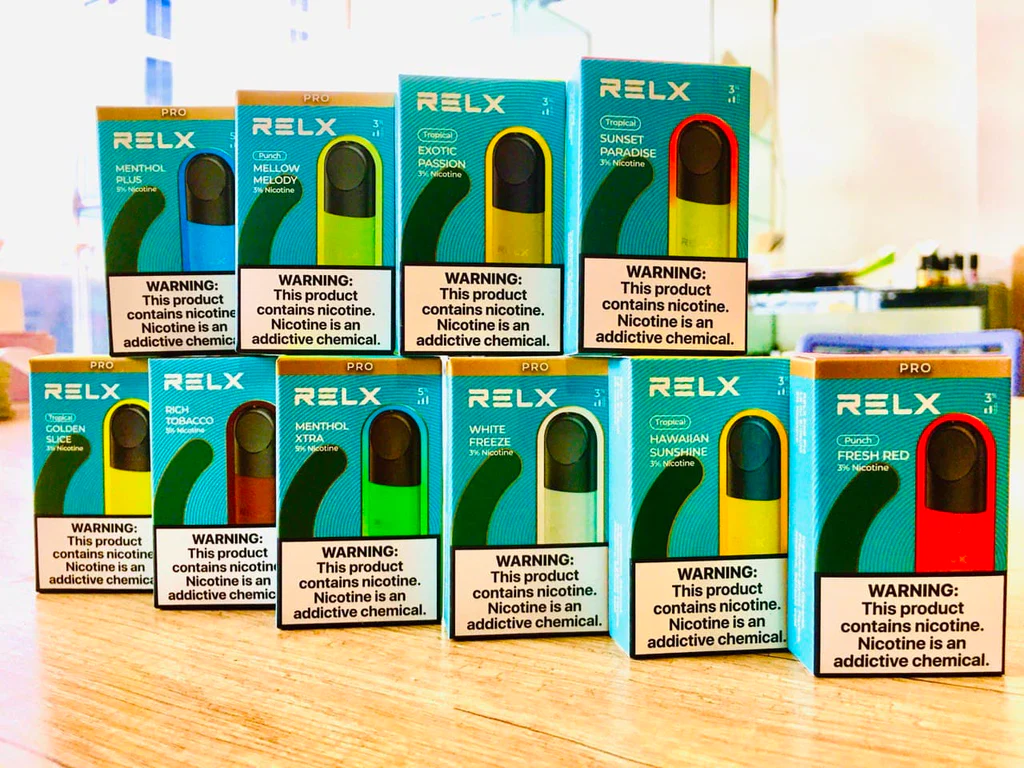The South African Ministry of Finance issued a discussion paper outlining proposals for taxation of electronic nicotine and non-nicotine delivery systems (ENDS)。
Earlier, the South African government signaled in the first two budget speeches that it plans to start taxing these two products.
“Compared with traditional tobacco products, ENDS is part of a new generation of products introduced to the market as harm reduction or risk reduction products,” said the South African Ministry of Finance.
“These products are battery-powered devices that can evaporate liquid solutions that may contain nicotine, as well as flavors of different ingredients, propylene glycol, vegetable glycerin and other ingredients to produce aerosols that users inhale.”
The Ministry of Finance stated that although the ENDS market in many developing countries such as South Africa is still in its infancy, it is expected to grow. It said that in other markets, the consumption of these products has increased among young people and has raised concerns about their impact on young people starting to smoke and use tobacco.
It added that there are concerns that they may undermine global tobacco control efforts and overall public health.
“Unlike traditional tobacco products, most of these products are not regulated in South Africa, so the Ministry of Health has also begun to amend the current tobacco control legislation to include these products in the regulatory framework.
“Similarly, the governments of other countries in the world have begun to regulate the consumption and use of ENDS through taxation and non-taxation measures.”
Although the proposal document is publicly solicited for comments before January 25, 2022, the Ministry of Finance has indicated that it may impose taxes on the equipment and the e-liquid used in it. This will make products with higher nicotine concentrations bear higher taxes-the same as other high-nicotine products such as cigarettes.
A study commissioned by the South African Electronic Cigarette Products Association (VPASA) in 2021 investigated the industry’s economic impact on the local area, including its contribution to GDP and employment.
Cobus de Hart of NKC Africa Economics, who led the study, said his team used procurement, tax, human resources and financial data from a survey of participants in the South African steam industry.
“The steam products industry supports GDP and employment throughout its supply chain. Its total value-added contribution to GDP totals 2.49 billion rand, of which 2019 tax revenue is 710 million rand.”
The main findings of the South African e-cigarette industry economic impact report include:
Direct economic impact:
1.Over 350,000 South Africans use steam products;
2.In 2019, the sales of e-cigarette products reached 1.25 billion rand;
3.The industry created 3,800 jobs;
4.280 million rand to pay taxes;
5.The total value-added contribution of the e-cigarette industry reached 930 million rand.
Indirect economic impact:
1.Local procurement of R290 million;
2.40% and 31% are respectively used for financial and business services and manufacturing;
3.Supported 4,200 jobs;
4.Indirectly contributed R1.09 billion to South Africa’s GDP.
E-cigarette products are currently not regulated in South Africa. Specifically, e-cigarettes are not protected by the Tobacco Products Control Law or the Drug Law. The government proposed the “Tobacco Product Control and Electronic Nicotine Delivery System Act”, hoping to manage electronic cigarette products in a similar way to cigarettes.
The bill was put forward for public comment in 2018, but it is still in draft form. Before being introduced, it still needs to go through a complete parliamentary process.
The bill is expected to further regulate the use, marketing and sales of e-cigarettes or e-cigarettes in South Africa, and these products are currently in a legislative vacuum.
It also plans to further restrict smoking in public places.

















Leave a Reply